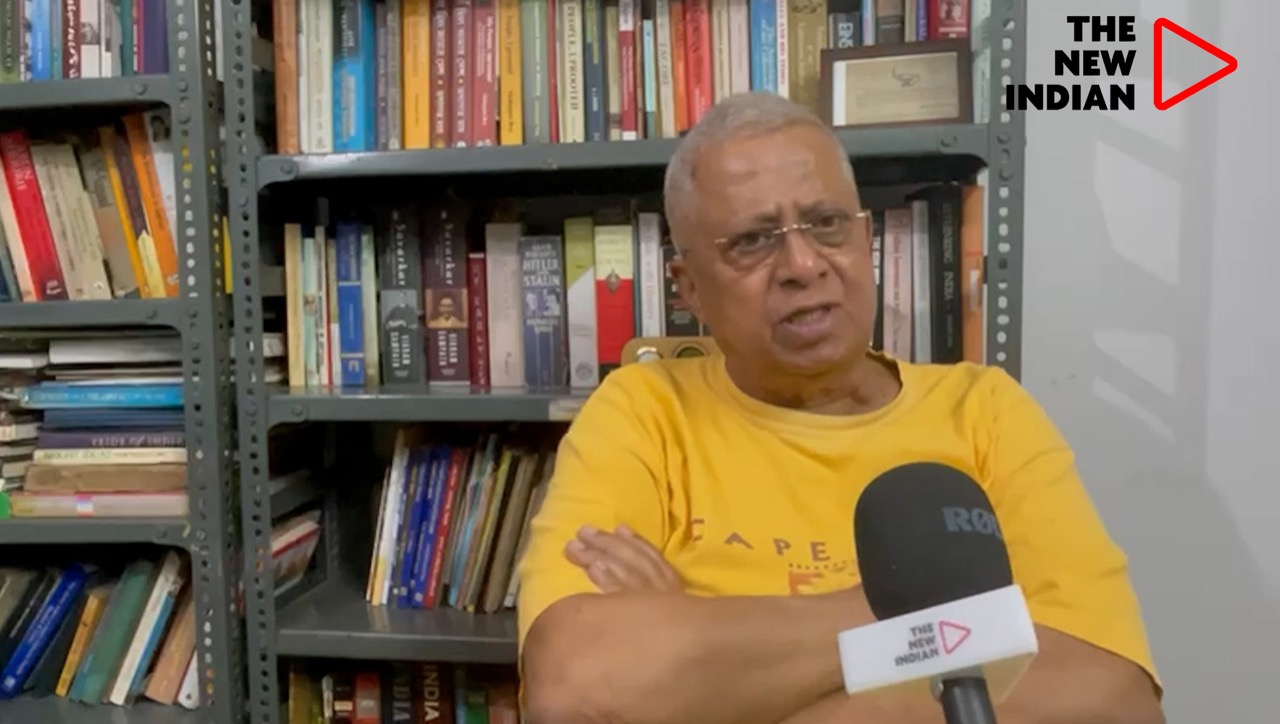KOLKATA: India suffered two partitions: The partition of the country and the partition of Punjab and Bengal, believed Tathagata Roy, a seasoned politician and an expert in partition history, former governor of Meghalaya.
Talking to The New Indian on the eve of India’s Independence Day, Roy said, “Punjab and Bengal partitions were qualitatively different. After January 1948, there wasn’t a single Hindu or Sikh (barring a few exceptions) left in Pakistani Punjab and not a single Muslim left in Indian Punjab. But the Bengal partition did not happen similarly. It became a wound which is bleeding even to this day.”
Roy penned down My people uprooted – The exodus of Hindus from East Pakistan and Bangladesh that spoke volumes about the partition and the sufferings of people with chronological evidence and true anecdotes of several partition incidents.
Born in 1945, Roy shared his memories of partition. He spoke about how scheduled caste people lived under sub-human conditions at Sealdah station. Roy said the policies of that time stated that refugees from East Pakistan would be given relief but no rehabilitation.
Recalling an incident from his childhood, Roy said, “I asked my father ‘who are these people?’ He said, ‘refugees’. I was curious to know who these refugees are. My father, who was ‘secular’, would say ‘they have been driven away’.” The memory remains imprinted in septuagenarian Roy’s mind even today.
While India has come a long way, Roy said that economically, the country could have done better. He reasoned that, unlike many countries, India was not directly touched by the war in 1947, when it became independent.
“We had good infrastructure. We have an education system that not many countries had at that time,” Roy said. “Countries like Germany, Japan, Singapore and South Korea, among others, were ravaged by the war. But they jumped back in a matter of 30 years. We keep begging with our public sector culture,” he said.









